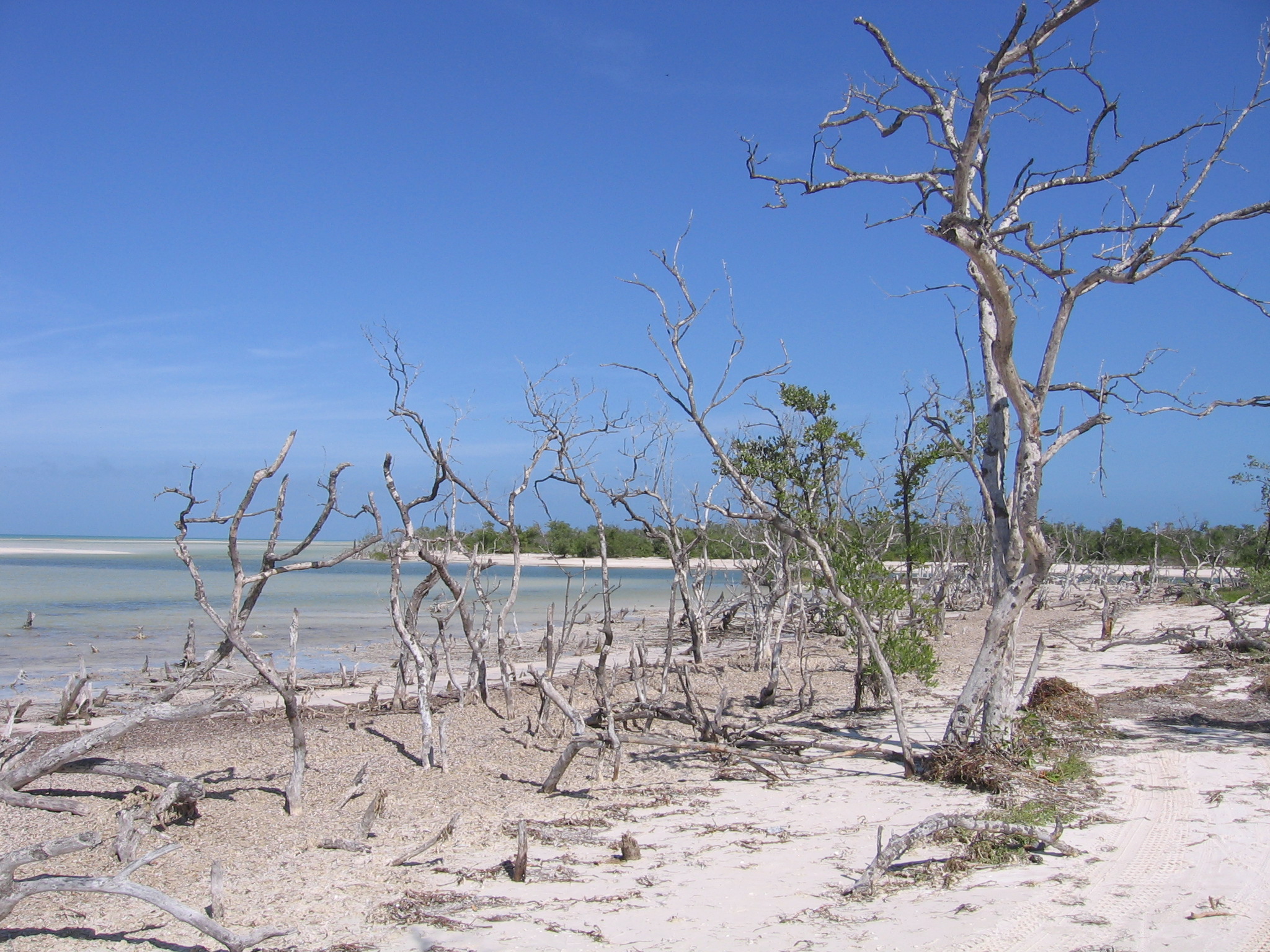I attended the 2011 American Society for Environmental History conference in Phoenix a few days ago. One of the sessions I attended was an interdisciplinary round table discussion, titled “Sustainability and its Discontents.” Political science professor Thomas Princen brought up a number of thought-provoking points that are relevant to our work here with the SHP.
Princen works in the arena of formulating and applying social science frameworks that are future-oriented and normative, so as to devise solutions that will help society avoid catastrophe. He sees “sustainability” as an important, if contentious, concept, on the same level as “peace,” “freedom,” “progress,” and “democracy.” Critics may claim that “sustainability” is meaningless because it can be so vague, but Princen argues that the concept, nevertheless, is essential because it helps frame a constellation of topics and issues that are essential to present and future generations. The concept of sustainability has three key elements, in Princen’s view:
1) Provides a long-term outlook
2) Encourages consideration of systems approach that reflects more accurately the complex interactions between nature and society
3) Is a scalable concept that can be applied from the household level to the global level, and at all points in-between
Princen provided a clear and concise rule-of-thumb that he applies when people bring up “sustainability.” He asks: “sustaining what, for how long, and for whom?”
Princen’s final point involved asking a “dream team” of historians to provide examples to shed light on five areas he finds critical to implementing sustainability measures in the present and future. These are:
(more…)
Read Full Post »

